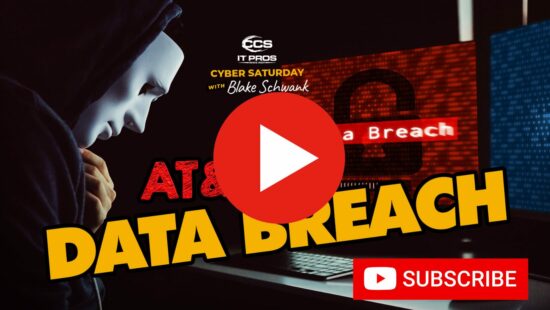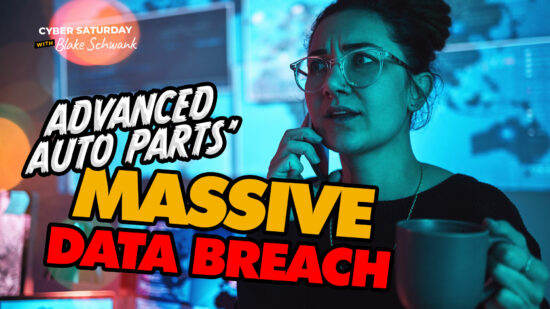Advance Auto Parts recently faced a significant data breach, exposing [...]
Ukraine War Causes Phishing And Hacking Attempts To Increase
Phishing and hacking attempts are on the rise as scammers take advantage of the Russia vs. Ukraine conflict. Be extra vigilant when opening emails, clicking links, or downloading attachments, especially if they appear to be from a charity or other organization trying to help victims of the conflict.
Cybersecurity has become an increasingly important issue for companies of all sizes, and it will be crucial for businesses to invest in security measures to protect their information from these attacks. Businesses should also educate their employees about the dangers of phishing and how to avoid being tricked by malicious emails. Phishing scams can be very sophisticated, and many people have fallen victim to them. By taking the necessary precautions, businesses can help protect themselves from these threats and keep their data safe.
It is also important for individuals to take steps to protect their online privacy. There are a number of tools and techniques that you can use to keep your information safe, and it is important to be vigilant about the security of your data. By being proactive and taking steps to protect yourself, you can help reduce your risk of being targeted by hackers.

How to Protect Yourself from Phishing and Hacking Attacks During the Ukraine vs. Russia Conflict
The Ukrainian government has been under attack for the past few months, with hackers using phishing emails to gain access to sensitive information. The Ukrainian government has been hacked multiple times, while Russian hackers have also been targeting Ukrainian companies, banks, and government agencies. With the situation escalating, it is important for everyone to know how they can protect themselves from these attacks.
The term “phishing” comes from the word “fishing” and means to lure unsuspecting people into disclosing personal or financial information, usually by posing as a trustworthy entity. Phishing emails typically arrive in email inboxes as an urgent request for payment, with the promise of an important announcement. Victims are instructed to click on a link and enter passwords and account information.
Many individuals and companies have been targeted by these hackers and scammers and have lost large amounts of money and have lost access to sensitive and confidential data. There are many ways that you can protect yourself from phishing attacks, including always being cautious when opening emails and not clicking on links in those emails if you suspect they are a scam.
Some ways you can protect yourself online include:
- Using a strong password
- Avoiding public computers and accessing data on your computer without using a public connection
- Avoiding giving out personal information, especially online
- Using a strong firewall on your computer
- Enabling two-step verification on your email accounts
- Make sure your computer’s security software is up-to-date
- Don’t click on links or download files from untrusted websites
What are the Most Common Types of Phishing Attacks?
Phishing is the act of pretending to be someone else in order to obtain sensitive information such as usernames, passwords, or credit card details. It is a type of fraud where the scammer creates a fake website that mimics that of a legitimate company in order to collect personal information from users. Phishing attacks are typically used by hackers to steal personal and financial information from users. They can also be used for other malicious purposes such as identity theft, ransomware, and more.
The most common types of phishing attacks are email phishing and social media phishing. Email phishing usually targets email inboxes and social media phishing usually targets social media platforms like Facebook, Instagram, Twitter, etc. Phishers can use these platforms to spread their scam messages and steal personal information from unsuspecting users.
The most common types of phishing attacks are:
- Phishing emails that ask for personal or financial information
- Phishing emails that ask for login credentials
- Phishing emails that ask for credit card details
- Phishing emails that ask for passwords
The Ukraine and Russia conflict is terrible and when terrible things happen in the world, like war and natural disasters, the scammers and cyber crooks tend to come out of the woodwork. When these unfortunate situations occur, they prey on those who want to help the greater good of humanity.
In these tense circumstances, it is important to take the proper precautions to protect your sensitive and confidential information. Remember, cybercriminals are always looking for new ways to exploit people’s generosity and good intentions. Don’t let them take advantage of you! Stay safe online and donate wisely. If you’d like to chat more about this, feel free to give us a phone call at 719-439-0599.
Latest Blog Posts

Discover why rural and critical access hospitals are not immune to [...]

Explore the recent AT&T data breach affecting call logs from Oct 2022 [...]



